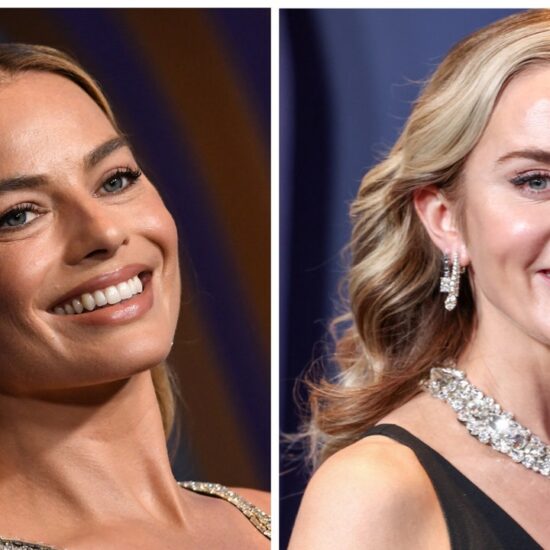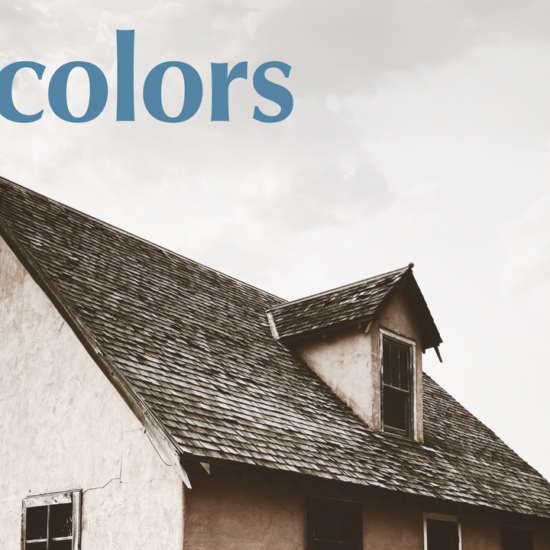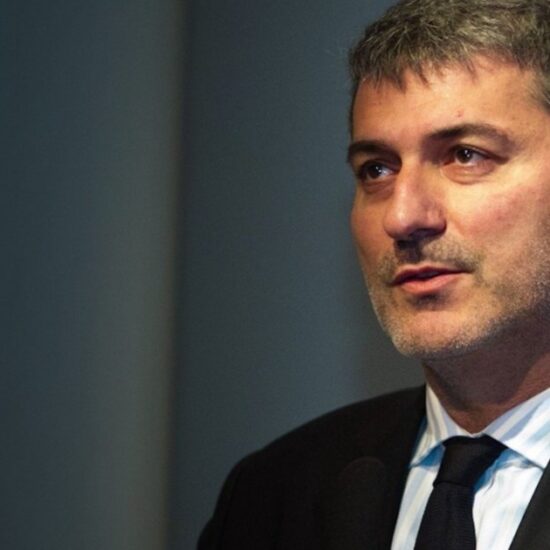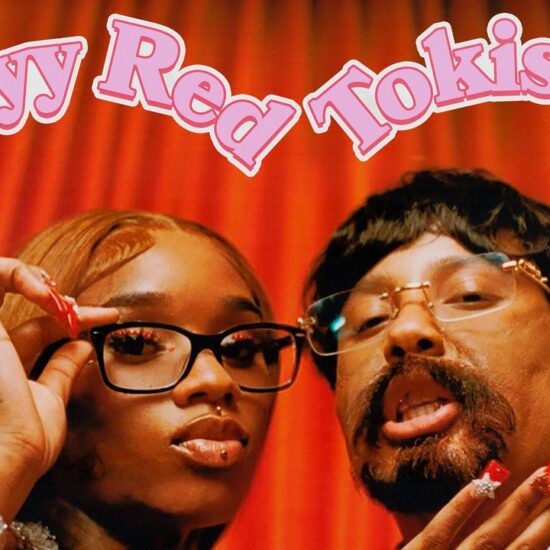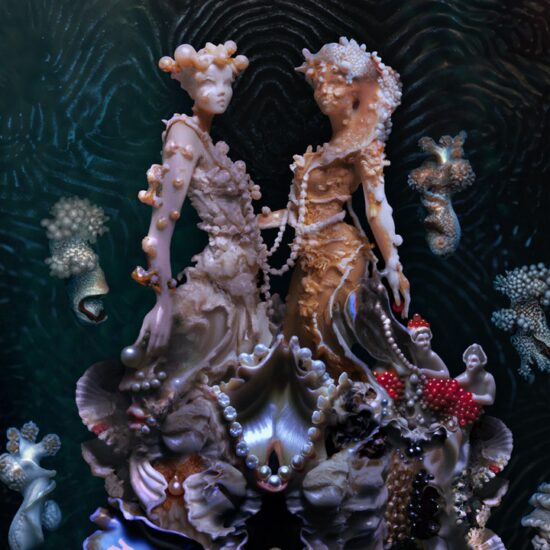
For fans of a specific period of Black cinema, Peacock’s “The Best Man: The Final Chapters” is an epic, end-of-an-era conclusion on par with “Avengers: Endgame.” The specific period spans from roughly 1990 to 2000, when the Black romantic comedy grew into its power. The confluence of two successful movements — Black romantic fiction and Black indie cinema — birthed such classics as “Love Jones,” “Brown Sugar,” and “Love and Basketball,” among others.
Malcolm D. Lee’s “The Best Man” series has grown an outsize influence among Black rom-com aficionados because it has acted as a living history of the subgenre. Its core ensemble — Taye Diggs, Sanaa Lathan, Regina Hall, Terrence Howard, Nia Long, Harold Perrineau, Monica Calhoun and Melissa DeSousa — is a true murderers’ row of the era. They’ve spent their careers acting together in a raft of films, and Black rom-com fans that don’t count the original “Best Man” as their favorite will concede that it probably stars someone from their favorite.
When the gang reunites, as in 2013’s “The Best Man Holiday,” there’s a palpable esprit de corps, the result of the ensemble spending decades playing more combinations of friends, lovers, enemies, and siblings than a sketch comedy troupe. No wonder the eight-part finale series, created by Lee and Dayna Lynne North, feels joyful and celebratory even in its darkest moments. It’s as much a bittersweet ensemble reunion a la “The Big Chill” as an “Up Series”-style longitudinal observation of Black Hollywood’s rom-com cohort.
The pilot kicks off with an exhaustive montage of the first two films. The first goes something like this: Novelist Harper Stewart (Diggs) is the best man in the wedding of Lance (Chestnut) and Mia (Calhoun), sweethearts who met in college and became the nucleus of their broader group of friends. That clique includes Quentin (Howard), Jordan (Long), Murch (Perrineau), and Shelby (DeSousa), all of whom have shown up to celebrate. The dark cloud looming over the nuptials is the impending release of Harper’s debut novel, a thinly disguised roman àa clef retelling their college adventures, including a previously unknown dalliance between Harper and the bride.
That synopsis, which barely explores the messy tapestry these characters share, speaks to the inherent soapiness of the franchise. “The Best Man” functions best as a single-camera soap opera, with most of the action driven by the revelation of long-held secrets and the boiling over of long-simmering resentments. That’s why, once it gets its bearings, “Final Chapters” makes a seamless transition from a film into a series. More than that, it makes the case that “The Best Man” could have made a great series all along.
But first, the show has to settle up old business. Namely, the pending wedding of Quentin, an untameable womanizer who announced his engagement as the “Holiday” cliffhanger. Quentin’s tropical destination wedding offers the perfect excuse to reunite, if only to show off how fantastic they look after all this time. (Seriously, the cast looks so good that the occasional jokes about getting older can be disorienting.) The wedding storyline is wrapped up pretty swiftly, which is a shame, because it features Nicole Ari Parker at her spunkiest. The first two episodes play like a self-contained movie, and probably bear a resemblance to the screenplay for the third film in the series, which Lee wrote but never made.
In the third episode, “Final Chapters” becomes a television show, beginning with a whirlwind montage that spans the better part of a decade and elides the Trump presidency and the pandemic almost completely. The massive time jump allows the characters to settle into their normal lives, which fans have never seen in the celebration-based films. The leap forward also anchors the show’s tonal shift. The wedding episodes are broadly comedic, owing to the focus on Quentin, whose brash humor demonstrates Howard’s skill at landing a joke. Even with one character in a dark place —– Lance, who’s mourning the death of his wife Mia in “Holiday” – the show is never goofier than it starts out.
Lee and North navigate that tonal shift deftly, retaining the essence of the characters and their relationships even as age and perspective changes them. The women of “The Best Man” are more prominently featured here, and Lee and North add dimension to characters originally designed to complicate the lives of their respective beaus. Lathan has always been sturdy as Robyn, who went from being Harper’s impatient girlfriend to his wife and the mother of his child. But she’s explosive as this latest version of Robyn, who longs to follow her culinary passions and runs headfirst into Harper’s selfish ways. Lathan hasn’t crackled like this since “Disappearing Acts,” a Terry McMillan adaptation that came out the year after “The Best Man.”
The biggest character glow- up goes to Shelby, whose function in the show changes from that of a spicy condiment to that of a staple food. DeSousa gets her first chance to play the more human side of a broad caricature, and she more than capitalizes on it. Hall, who plays Murch’s wife Candice, is sturdy and steely as ever, but Candice floats away into a distant story arc that fails to launch for the bulk of the series. The same can be said for Long’s character Jordan, whose exclusive focus on her career necessitates workplace scenes that sink more often than they float.
Not all of “Final Chapters” works, particularly when it flirts with topicality. A major storyline about gender identity is well-intentioned but clumsy, qualities it shares with a riff on sexual harassment. The show fares better with race, which was seldom addressed in the Black rom-com subgenre, but is impossible to leave out of this expanded story, and is successfully funneled into Murch’s arc. The show slowly turns more bitter than sweet as secrets get spilled and “Things Fall Apart,” to borrow one of its literary episode titles. But a proper goodbye to “The Best Man” means reintroducing characters heretofore seen as carefree vacation friends. In “Final Chapters,” they get to exist beyond the facade of celebrations and holidays and become their best selves.
All eight episodes of “The Best Man: The Final Chapters” premiere on Peacock on Dec. 22.








